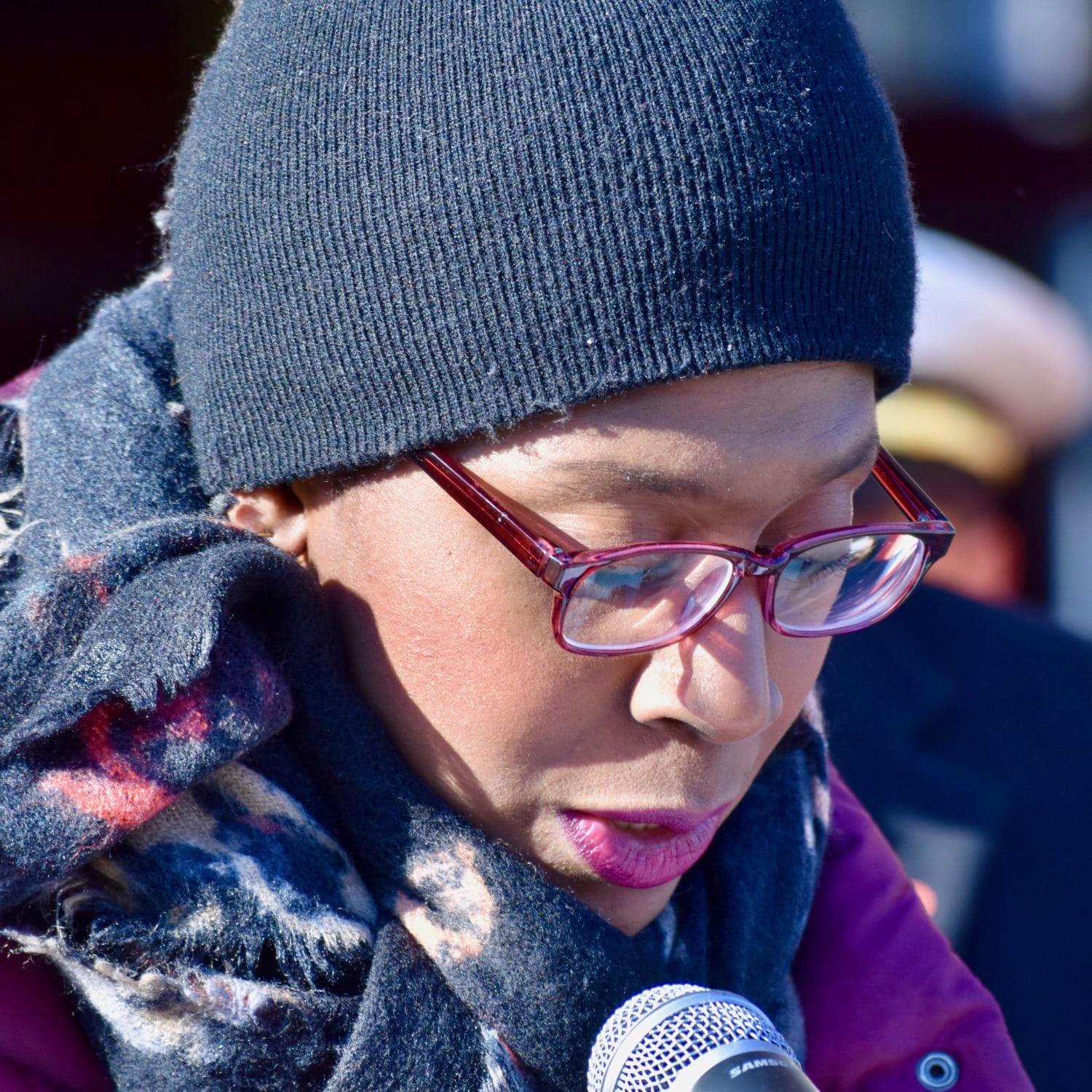Providence City Councilor Nirva LaFortune on PVD Safe Stations
[Editor’s note: The following is the text of Providence City Councilor Nirva LaFortune’s speech given at the announcement of PVD Safe Stations.] Good Morning Mayor Elorza, Councilman Narducci, Commissioner Paré, Chief Clements, Captain Zach Kenyon, Linda Mahoney and officials from the Rhode Island Department of Health and the Department of Behavioral Healthcare, Developmental Disabilities and Hospitals and our dedicated firefighters
December 12, 2017, 8:00 am
By Nirva LaFortune
Good Morning Mayor Elorza, Councilman Narducci, Commissioner Paré, Chief Clements, Captain Zach Kenyon, Linda Mahoney and officials from the Rhode Island Department of Health and the Department of Behavioral Healthcare, Developmental Disabilities and Hospitals and our dedicated firefighters and emergency medical services personnel.
According to data compiled by The New York Times, drug overdose deaths last year in the United States most likely exceeded 59,000, one of the most significant annual jumps ever recorded. In February, The Rhode Island Department of Health reported that drug-related deaths are on the rise in the Ocean State. The DOH data showed over 326 drug overdose deaths in 2016 compared to 290 in 2015. Drug-related deaths have risen 30 percent since 2011, and this epidemic is particularly evident in Providence.
The Providence Safe Stations will serve as a hub to help eradicate this crisis. Individuals who struggle with substance addiction will have a place to go 24 hours a day, 7 days a week to speak with staff and get connected to support services and treatment that they need and deserve. I am proud to see Engine 2, right here in Ward 3 serve as one of the 12 Safe Stations.
The drug addiction epidemic has no face, and it can affect anyone, regardless of cultural background, age or socioeconomic status. No one is immune from it, and it continues to plague our communities and our families. It is up to us, as a community, to work toward approaches that focus on prevention, awareness, and recovery. And today we are doing just that.
Thank you to all who have worked on this initiative, and to our firefighters and first responders who are on the ground working to help those in need every day.







